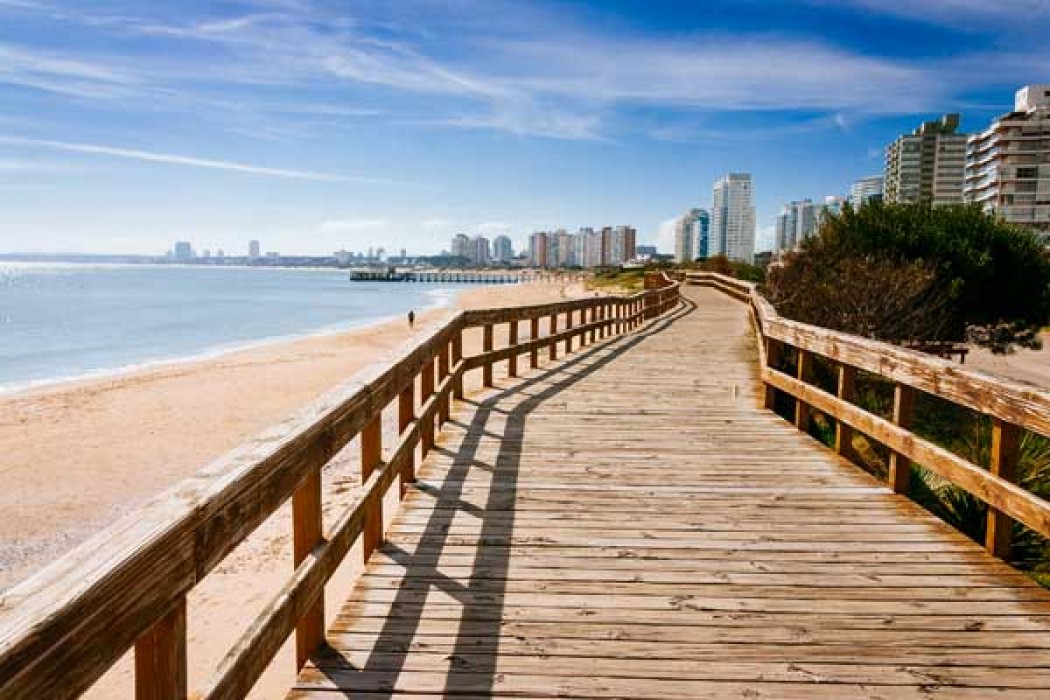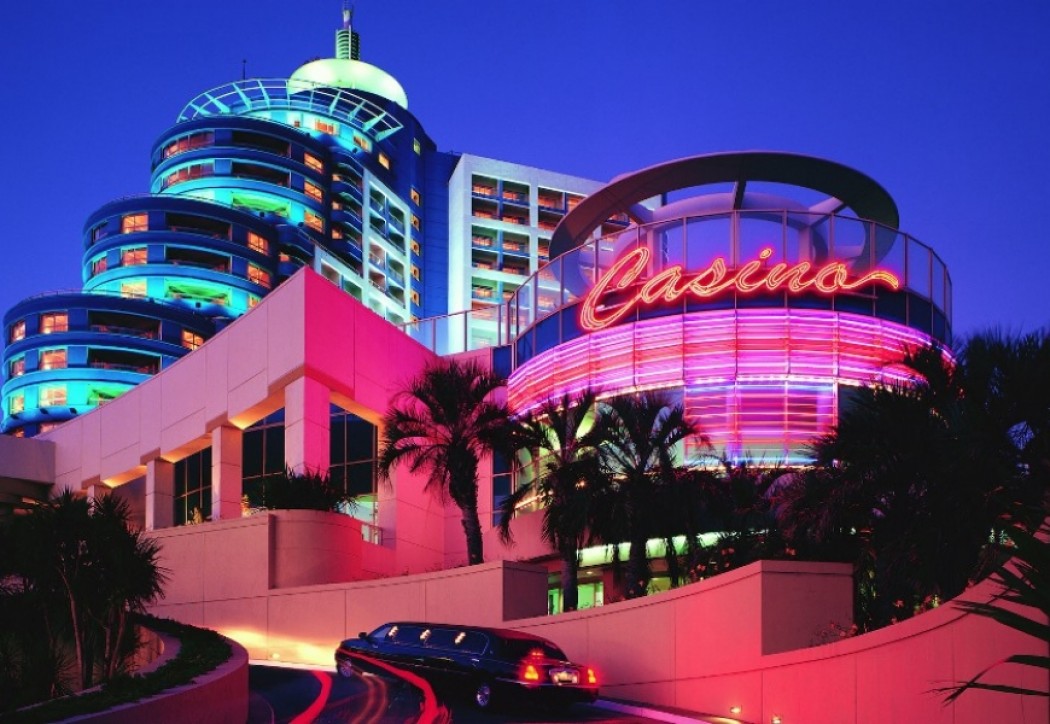
When Uruguay was included in this year’s Capacity to Combat Corruption (CCC) Index, we knew that the small South American nation had a good chance of ranking first among the 15 countries analyzed. After all, Uruguay typically performs well compared to most Latin American countries in a variety of governance indicators — including rankings from multilateral banks, research institutions and the private sector.
However, when the results came in, the extent of Uruguay’s superiority was startling. Its overall score was the highest by far (7.78 out of 10), followed by Chile (6.57) and Costa Rica (6.43) – the full report is available here. Also, Uruguay outperformed the rest in a wide array of areas.
Co-developed by AS/COA and the consulting firm Control Risks, the CCC Index looks at Latin American countries’ ability to detect, punish and prevent corruption. Governance – particularly the strength of legal and democratic institutions – is ultimately why countries like Uruguay score at the top, while pushing Bolivia and Venezuela to the bottom of the Index’s ranking.
The CCC Index assesses 14 different sectors of the anti-corruption environment: from the independence and efficiency of courts and enforcement agencies to the relationship between money and politics, the power of investigative journalism and education levels. Uruguay ranked first in 13 of these 14 areas. Even in sectors historically seen as problematic for Uruguay, such as the fight against money laundering, the country surpassed the others.
So, what explains Uruguay’s overwhelming dominance in the CCC Index? Why does Uruguay do so well in these types of exercises?
Uruguay has significantly higher income levels than the Latin American average. And research indicates that richer countries tend to have better tools to fight corruption – in other words, these two areas are very correlated. However, a closer examination exposes important nuances. For instance, according to World Bank data, Uruguay’s GDP per capita at constant 2010 dollar prices is lower than Chile’s and, controlling with purchasing power parity, is similar to Argentina’s. But Uruguay easily outperforms both in the CCC Index – in Argentina’s case, by a wide margin across the board.
Also, Uruguay is a much smaller and homogeneous country than most in Latin America. Over 40% of Uruguayans live in Montevideo, an urban center with a population similar to Brazil’s 13th largest city, Guarulhos, or to Mexico’s Tijuana. Fighting corruption in a small, centralized and urban territory is probably easier than in continental and federal democracies. But again, size alone doesn’t explain much: some Latin American countries that are even smaller than Uruguay have very low anti-corruption capabilities, such as Jamaica or Suriname.
Still, income and geography have certainly contributed to Uruguay’s achievements in the CCC Index. But the key to Uruguay’s success lies elsewhere: the realm of politics.

Una de las múltiples consecuencias globales de la pandemia de covid-19, que había dejado hasta este miércoles más de 546.000 muertes alrededor del mundo, ha sido la restricción en los viajes internacionales. Los países de la Unión Europea, por ejemplo, relajaron el veto a la llegada de extranjeros la semana anterior al dar a conocer un listado de 15 países a cuyos residentes permiten viajar porque los consideran seguros por la situación de la pandemia. En dicha lista hay ausencias notables como EE.UU., Brasil y Rusia.

El 1° de julio, la Unión Europea hizo oficial la decisión de abrir sus fronteras y permitir arribos desde 15 países del mundo. En este listado se encuentra Uruguay, el único latinoamericano. La lista desarrollada por la UE se actualizará cada dos semanas, evaluando la viabilidad de los países a través de una serie de criterios acerca de su situación en la pandemia del covid-19 en sus territorios, donde las circunstancias deben ser parecidas o mejores que la europea. De todas formas, este acuerdo no es vinculante a los países europeos, sino que tiene el carácter de recomendación. Cada país puede decidir aplicar o no esta decisión, abriendo o cerrando sus fronteras.

This crisis is unprecedented. Nothing like it has come along before. And no one, no matter what they say, knows for sure where it’s headed… If you feel powerless in the face of this chaos, well, that’s natural.But I’m certain that if you play this crisis right you can thrive and prosper regardless of the outcome. This will be a time of great change. This change will create great opportunity. The world looks upside down and I fear for many people’s economic security…but there is a solution… In the midst of all of this will be the real estate buying opportunity of a lifetime… And buying the right kind of undervalued real estate now sets you up for the recovery and a lifetime of income. It’s the perfect path to freedom, both financial and personal. The freedom to go where you want, when you want. Freedom from worry and stress…to not to care what happens in the stock market…nor about job losses…nor politics. We can take strong U.S. dollars from a stagnant domestic market and put them to work in vibrant overseas markets by buying undervalued assets and locking in super-strong income and appreciation potential. And we can do it borrowing money at historically low rates. We are in an unprecedented zero interest rate environment. We can use incredibly cheap money to buy high-yielding undervalued real estate. This crisis is a hydra-headed shutdown of the global economy. In some places it will be a sharp, short shock and then back to the races. In others it will spell carnage.
I see big opportunities falling into three categories.
1. Crisis in places on a downtrend… By places on a downtrend I mean locales that have passed their peak. Populations are old, innovation is limited, and bureaucracy is high. For example, think of parts of Europe.
2. Crisis in places on an uptrend… Places on an uptrend have potentially bright futures. And maybe a dark or at least underperforming past. They have young populations, decent standards of education, often natural resources. Their cities and new middle classes are exploding. Think Brazil and Colombia.
3. A buying moment in places undergoing big multi-decade transformations…in the medium term, this crisis will be good for internationalized places at, or near, the ground floor of major transformation. Places like Mexico’s Riviera Maya or Panama.
.jpg)
World Travel Awards distinguió a Uruguay como el mejor destino de cruceros en América del Sur y también premió a varios establecimientos hoteleros de Punta del Este y Colonia. Desde el gobierno se proyecta que para 2020 aumentará en 35% el arribo de cruceros a puertos uruguayos.

Enjoy Punta del Este dio un paso más hacia a la excelencia al ser premiado como el Mejor Casino & Resort de América del Sur en la última edición de los World Travel Awards, un galardón de prestigio internacional con más de 20 años de trayectoria.
.jpg)
El gobierno busca mantener condiciones de competitividad Como se esperaba desde el sector turístico, el gobierno de Uruguay resolvió extender por seis meses más las exoneraciones impositivas a turistas extranjeros. La iniciativa comprende la devolución de 22 puntos del IVA sobre servicios turísticos prestados a personas físicas, siempre que sean abonados mediante dinero electrónico, tarjetas de débito o crédito emitidas en el extranjero. El beneficio vencía este 30 de abril y desde 2012 se está renovando si vigencia.

En Vicente López, una vieja quinta familiar con una arboleda centenaria se convertirá en un complejo orientado a tres tipos de público.